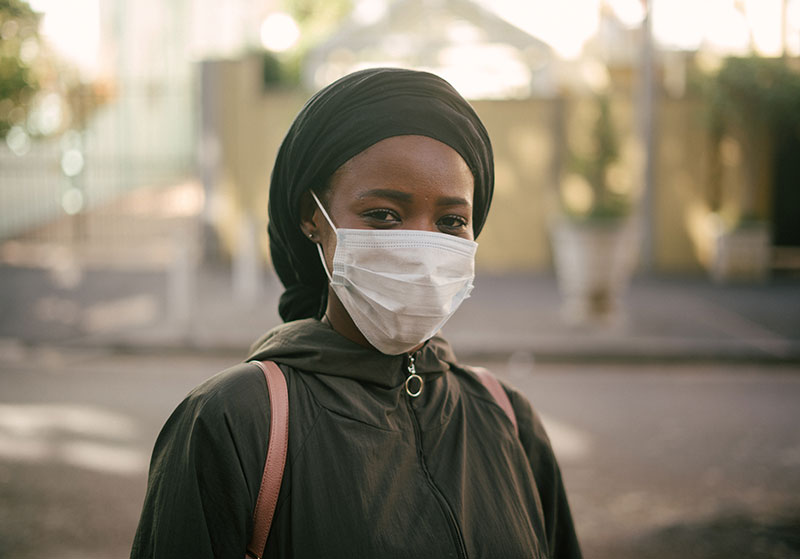In the U.S., one of the biggest health disparities comes from racial and ethnic differences. Health disparities related to race take on many forms, including higher rates of chronic disease and premature death compared to whites.
Read more The Role Technology is Playing to Stem the Tide of COVID-19
These disparities were only made more apparent during the COVID-19 pandemic. Black, Native American Indian, and Latinx communities faced the highest rates of severe illness, according to the CDC.
Addressing Social determinants of health (SDOH) and preventing people from getting sick can be a more effective strategy than simply treating them afterward, reports MobiHealthNews.
Organizations such as NowPow and ChristianCare are focusing on SDOH by offering platforms that connect health systems, health providers and health plans to community resources.
“Long-standing systemic health and social inequities have put some members of racial and ethnic minority groups at increased risk of getting COVID-19 or experiencing severe illness, regardless of age,” the CDC said on its website.
Amid the COVID-19 pandemic, NowPow had to adjust its services for customers located in the heart of the pandemic. Some of the company’s largest networks were in New York, New Jersey and Illinois.
“We were in the thick of it, and we immediately, because we’re supporting these larger organizations, understood the magnitude of what was happening,” Kohler said.

As a result, NowPow began integrating “COVID status tags” in the platform to keep users up to date on what was opening and in what capacity.
The company also created a rapid sign-on system where a link could be sent out by text to a potential user to immediately get them registered on the platform. New emergency services popping up in the areas covered by NowPow could use the rapid sign-on to get added to the registry.
“NowPow has made it our business to know more than 45,000 community and emergency-relief services which are open and operating,” Lindau said. “So when we send people to places – people who have a real need and who find it hard to get to places under the current circumstances – those [services] are there to help them.”
Other companies, like Unite Us, which was featured in a recent HIMSS20 Digital session, have also been addressing SDOH during the pandemic.
As people begin to look past the pandemic, the need to change the way the U.S. treats healthcare has become evident, the MobiHealthNews report said.
Read more Wearables Playing Crucial Role In-Patient Monitoring During COVID-19 Pandemic
Other health organizations are focusing on legislation like the Social Determinants Accelerator Act, which would provide funding and assistance for community-based health to address SDOH.
If passed, the bill would help set up grants from the Centers for Medicare and Medicaid Services, increase coordination between health and social service programs, and set up program-evaluation criteria.












